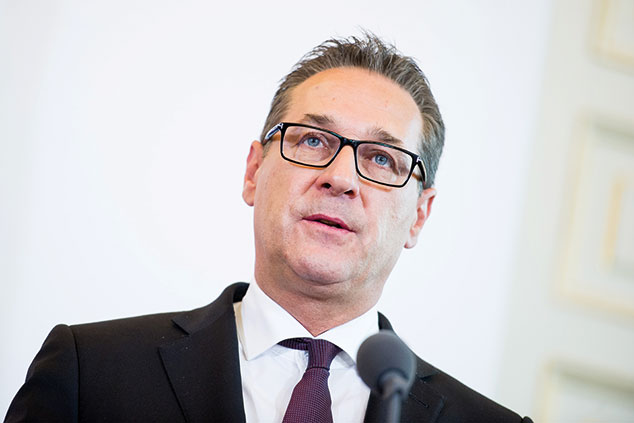
Ditching the far right may be a blessing in disguise for Kurz, however, says Valerie Hopkins in the FT. Even before the coalition was formed, the FPO earned intense criticism for signing a co-operation agreement with Vladimir Putin’s United Russia party. Despite this, the FPO was given control of all three of Austria’s intelligence services, prompting the agencies of other Western countries to limit their co-operation with Austria.
Kurz may now strengthen his party’s position in a new election if he can win over disgruntled Freedom Party voters, says Matthew Karnitschnig for Politico. By contrast, Europe’s far-right parties are likely to face “uncomfortable questions” on the eve of the European elections about their own relationships with “unsavoury Russian actors”, as they have generally pursued “a similarly Russia-friendly strategy” to the FPO. At the very least, the other far-right parties are likely to try to distance themselves from the Austrians, complicating efforts to unite Europe’s far-right parties into a new political alliance.